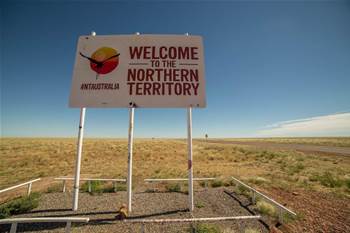The Northern Territory government has today launched the NT Open Data Portal, a single port of call for 250 datasets for industry and the public to search for free.
Billed as a platform to support innovation, research and information gathering, the growing list of accessible datasets is hoped to boost transparency and accountability across the territory.
The Open Data Portal was an election promise by the Labor government to also assist with evidence-based policy development, tying into it’s first-ever Digital Territory Strategy.
Datasets added to the Open Data Portal so far include:
- Remote communities with mobile coverage
- Elective surgery wait times
- Natural resource maps
- School enrolment and attendance
- 10-year infrastructure plan
- NT remote Aboriginal Investment Oral Health Program
Industry and community members will be able request datasets be added to the portal, subject to approval by the NT government to ensure data sensitivity and protection standards are met in accordance with the Information Act.
It will also be the first time participants in the national GovHack Hackathon, held in September, will have easy access to government data from the territory.
Minister for for Corporate and Information Systems, Lauren Moss, said the portal will help Territorians make the most of digital technology to prepare for data-intensive jobs of the future.
“Digital technology and easy access to data presents enormous opportunities for us to find new solutions to long-standing challenges, including how we deliver quality services to Territorians across vast distances and business enterprise development in even the most remote parts of the Territory,” she said.
“The NT Open Data Portal provides non-sensitive government information only. Personal or identifiable information will always be protected and will not be released.”
GovHack’s NT director, Shanon Loughton, thanked the territory for joining other Australian jurisdictions’ move towards open data,
“For NT Government agencies, GovHack provides the opportunity to access thousands of hours of free consultation and research. Indeed, many key participants start their research and analysis weeks before the Hackathon.
“This may be how bus routes can be planned more efficiently, to ways in which services to remote and regional Territorians can be provided more effectively.”


























